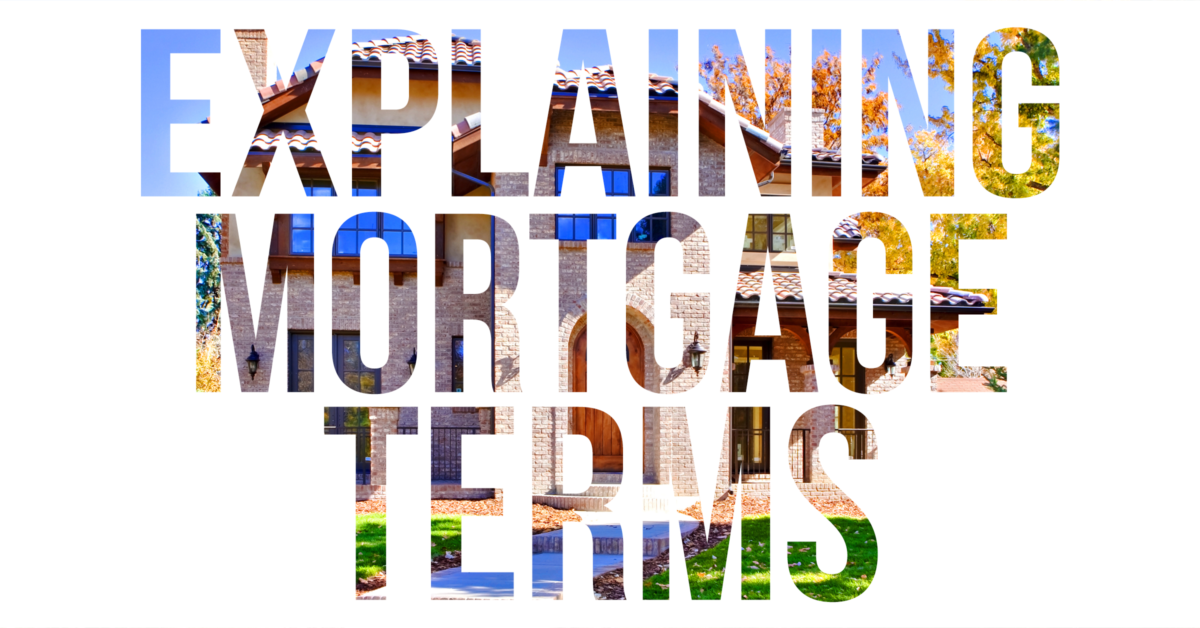
Accredited Mortgage Professional: Accredited Mortgage Professional (or AMP) is a professional designation created by the Canadian Association of Accredited Mortgage Professionals. It essentially is a designation that demonstrates a commitment to ongoing education and ethical behaviour in the mortgage industry.
Adjustment Date: Also known as an interest adjustment date, is the date in which the interest will begin to accrue on your mortgage before payment is made on the mortgage.
Amortization: The amortization period is the amount of time it will take you to pay off both the principal and interest on your mortgage. The longer you stretch your payments, the more interest you pay.
Amortization Schedule: a table of periodic payments made to a mortgage, showing the amount paid, the amount applied to interest, the amount applied to principal and the remaining balance after the payment is made.
Appraised Value: the value of a piece of property as determined by a licensed and qualified appraiser.
Assumable Mortgage: a mortgage that may be transferred without changing the terms of the original mortgage.
Bridge Loan / Bridge Financing: a second mortgage that is paid off immediately following the closing date of a buyer’s current home. Typically used when the sale of the buyer’s existing home closes after the purchase of his or her new home closes.
Closed Mortgage: cannot be repaid, renewed, or renegotiated at any time without penalty. Closed mortgages have lower interest rates associated with them rather than an open mortgage – which is because a lender has certainty that you’ll stick with them during the term of the mortgage, or you will have to pay them for breaking your contract early.
Closing Costs: Costs associated with completing the mortgage transaction. Some closing costs could be lawyer fees, title insurance, appraisal fees, fire insurance or home inspection.
Closing Date: the day ownership of a home transfers from the seller to the buyer and is stated and agreed to by all parties on the sale contract.
Compound Period: the number of times per year that interest rate is compounded. In Canada, mortgage interest rates are compounded semi-annually, or twice per year.
Conventional Mortgage: a mortgage loan that is up to 80% of the home’s appraised value or purchase price. (whichever is less).
Credit Bureau: a credit reporting agency that gathers credit information and compiles it into a credit report. (Equifax an Trans Union in Canada).
Fixed-Rate: the interest rate on a fixed-rate mortgage stays the same for the duration of the mortgage term and can’t be renegotiated without a penalty until the term reaches its expiration date.
Gift Letter: a letter stating that the gift giver (an immediate family member) in making a gift of a certain amount to the gift receiver for the down payment of a home. It also states that the donation is genuine and the receiver (or home buyer) is not required to pay back the gift at any time.
High Ratio Mortgage: a mortgage that is more than 80% of the homes appraised value or purchase price (whichever is less). High ratio mortgages must be insured to protect the lender against default.
Loan to Value Ratio: the ratio of the value of the mortgage loan to the appraised value or purchase price of the property (whichever is less).
Market Value: the highest price a buyer would pay and the lowest price a seller would accept on a property. Market value could differ from the amount that the property could be sold for at a given time.
Mortgage: a type of loan you apply for when you are in the market to buy a home. In most cases, when you apply for a mortgage, the loan is secured by the property that is purchased.
Mortgage Term: refers to the length of time for which the details of the loan are valid. Lenders offer terms ranging from six months to 10 years. Most Canadians favour five-year terms.
Prepayment Penalty: prepayment penalties exist to protect lenders, who rely on interest payments to make lending money profitable. When loans are paid off earlier than anticipated, lenders make less money.
Open Mortgage: an open mortgage can be prepaid or renegotiated at any time without penalty.
Rate Lock: refers to an agreement between a mortgage lender and a borrower to fix a specified interest rate for several days between the issuance of mortgage approval and closing of the real estate purchase and mortgage loan.
TDS Ratio: TDS stands for Total Debt Service. This is the percentage of annual gross income that is required to cover principal mortgage payments, mortgage interest payments, property taxes, and heat payments, plus monthly payments of any other debt the borrower holds. If the property is a condo, condo fees will also be included in this ratio.
Variable Rate: also known as a floating rate mortgage, can change based on market conditions. Variable-rate mortgages are impacted by the lender’s prime rate, which in turn is influenced by Bond Yields and the Bank of Canada’s overnight rate. If either of those two rates goes up, it could mean that the interest rate on your mortgage might also go up.

 Facebook
Facebook
 X
X
 Pinterest
Pinterest
 Copy Link
Copy Link

